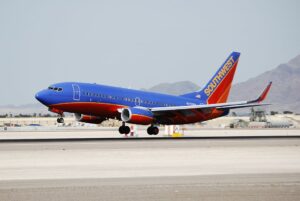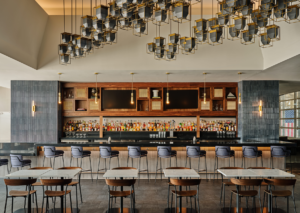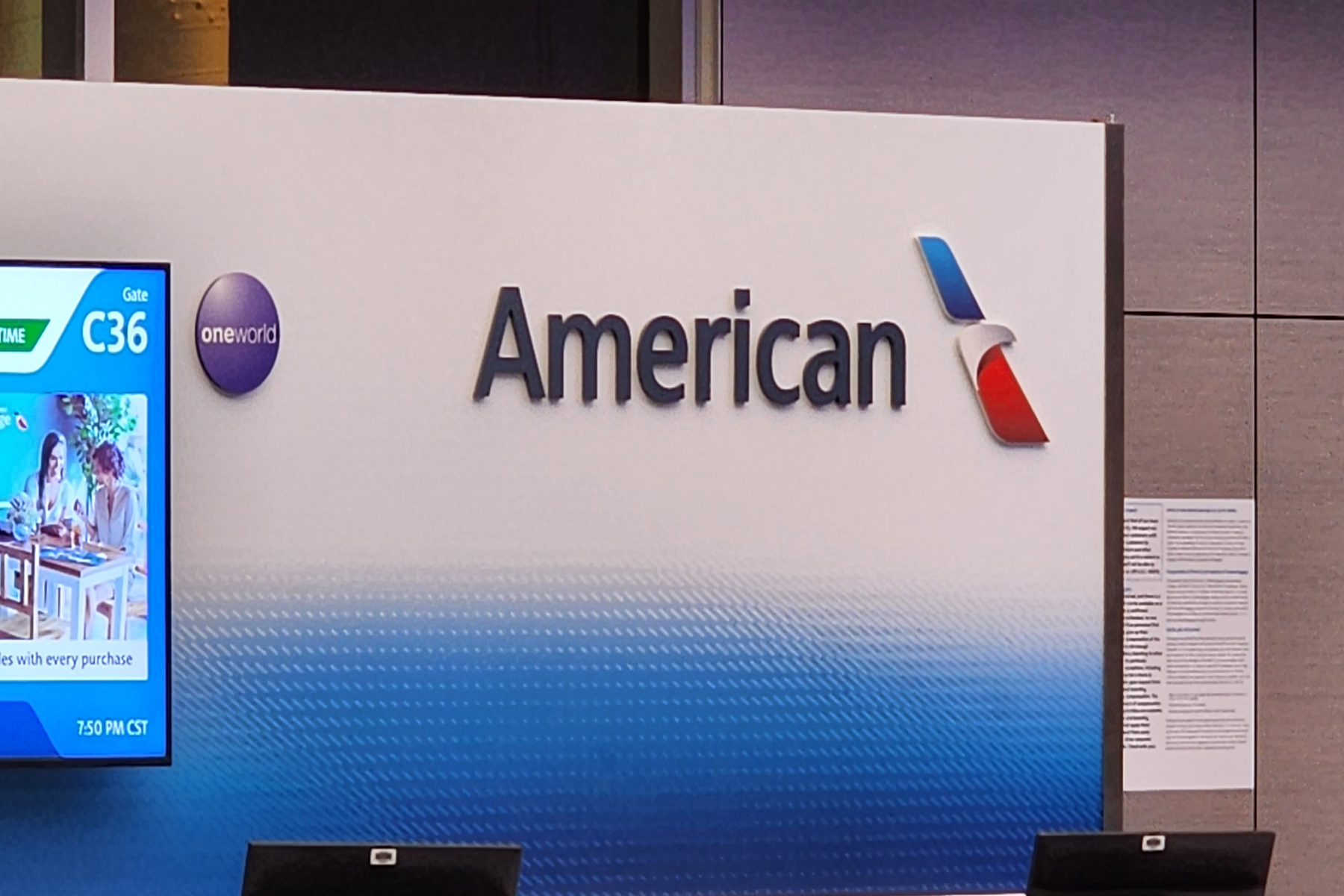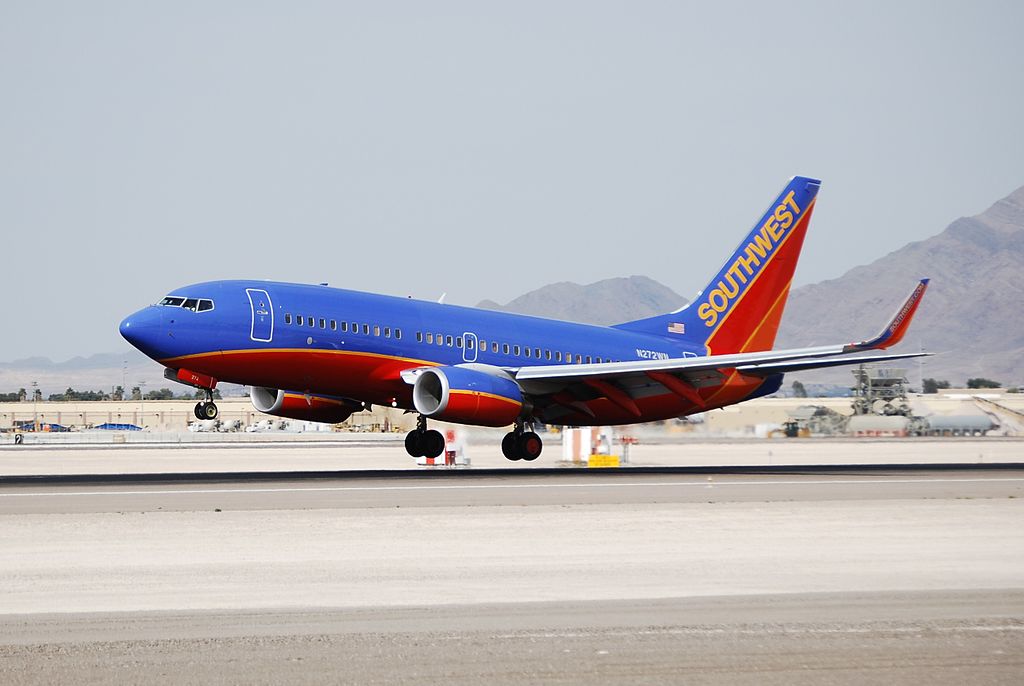You Break The Wind Beneath My Wings: On the Topic of In-flight Flatulence

Do you feel the urgent need to do a Bronx Cheer when en route to New York? Does crossing the pond cause you to do a Brexit of your own? It’s not just coincidence that air travel can make us feel like a hot air balloon. The gas in our stomachs expands significantly with cabin pressurization, causing us to feel bloated, and sometimes, to experience a bit of turbulence in the pants.
You’re certainly not alone — nearly all of us at one time or another has experienced flatulence in-flight (or that of someone nearby). The post-meal service cheese-cutting by our fellow passengers is just a reality of air travel, although it can be enough to ruin the experience. It’s even led to a flight diversion. There are some tricks of the trade that flight attendants use in an attempt to minimize cabin smells, although nothing is foolproof.
One tactic FAs use is turning down the temperature, as our senses of smell are reduced slightly in cooler air. Another method is to discreetly shake a coffee filter bag near the source of the smell in order to neutralize the odor. If you ever go into the lavatory and find a coffee bag sitting around in there, it’s not because the flight attendant couldn’t find the coffeemaker and gave up.
While making a wind-free journey isn’t always possible, there are ways to keep from getting the literal stink eye from your neighbor. You can do your part to reduce in-flight flatulence, and that starts with what you eat. Besides causing us to feel bloated, flying does something else surprising to our bodies: It numbs our taste buds. The way airlines compensate for this is by increasing sodium and seasoning in the food to make it more palatable. But while this may make the food go down better, it may try to make its presence known again later, so to speak. So a good rule of thumb is to pack your lunch, keeping it light in salt and fat. Snacks such as fruits, veggies with hummus, popcorn, nuts (unsalted or low-salt) will keep you full and comfortable. Avoiding carbonated beverages and beer are a good idea as well since gas that goes in will eventually come out! Seated in a premium cabin and looking forward to that fancy meal? Don’t go for every course, and opt for lean meats and fish or the vegetarian option (while staying away from gassier veggies such as broccoli, cauliflower and cabbage). And for Pete’s sake, the aroma of French fries wafting through the terminal may smell irresistible while you wait to board your flight, but those around you onboard later will not have the same to say of you if you indulge in greasy, salty food.
The phenomenon of flight flatulence is so prevalent that a study was published in the New Zealand Medical Journal on the topic. In it, researchers found that releasing the odd air biscuit is not only more comfortable but good for one’s health. However, they concluded that the same did not go for pilots: “If [a pilot] lets go of the fart, his co-pilot may be affected by its odour, which again reduces safety onboard the flight.” In other words, when it’s time to deplane, run past the captain as quickly as possible.
Gas is an unfortunate part of modern day air travel that we just have to live with. Taking steps like these can help make for a more comfortable flight for you and your surrounding passengers. However, if you gotta go, be as discreet as possible. Your fellow flyers will thank you.
[Photo: Getty]
























I find that taking Simethicone (Ovol tabs in Canada and Mylanta gas tablets in the US) as I get on the plane has dramatically dealt with this problem for me. It is non-absorbed and has no systemic side effects. It seems to be so effective and easy to take I am not sure why more people do not use it.